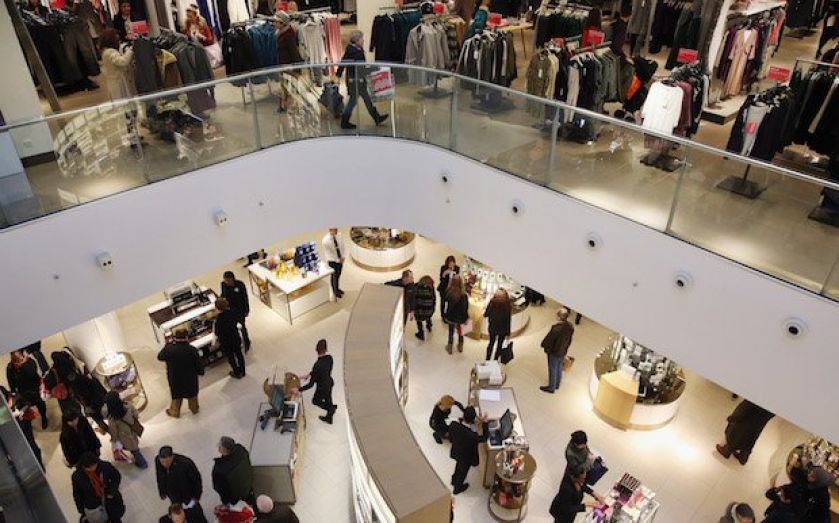UK inflation falls to 1.9pc in January

UK inflation figures have shown further signs of improvement in the recovery, falling below the Bank of England’s inflation target for the first time since November 2009.
Measured by the consumer price index (CPI), prices rose by 1.9 per cent in January, below the two per cent expected.
Month-on-month, CPI dropped 0.6 per cent.
According to the Office for National Statistics, the fall in the rate was owing to price movements for recreational goods and services, furniture and household goods and alcohol and tobacco.

Source: ONS
Retail price inflation rose to 2.8 per cent in January, up from 2.7 per cent and in line with expectations.
CPI is the government’s preferred method of calculating inflation. Both it and the retail price index (RPI) are used as measurements, but CPI is considered by many to be more accurate and less volatile than the traditionally-used RPI.
CPI doesn’t include the costs of your home in its basket of goods – mortgage payments, rents, council tax – whereas RPI does.
When it comes to today's numbers, Jeremy Cook of World First says the UK is no exception when it comes to the falling global inflation trends we've been seeing.
Slowing consumer spending, retail discounts, quiet energy markets and a stronger pound should continue to limit inflation.
Howard Archer of IHS Global Insight says that consumer price inflation may very well stay just below two per cent in the near term.
The rising oil and gas prices will be less than a year ago, he adds, because of the government's move to ease some of the green burdens on the Big Six.
IHS doubts underlying price pressures will pick up significantly, despite the improved economic performance.
Archer thinks while January's number eases the pressure on consumers, the squeeze remains notable, with inflation is still running at double the average annual earnings growth (0.9 per cent) seen in the three months to November.